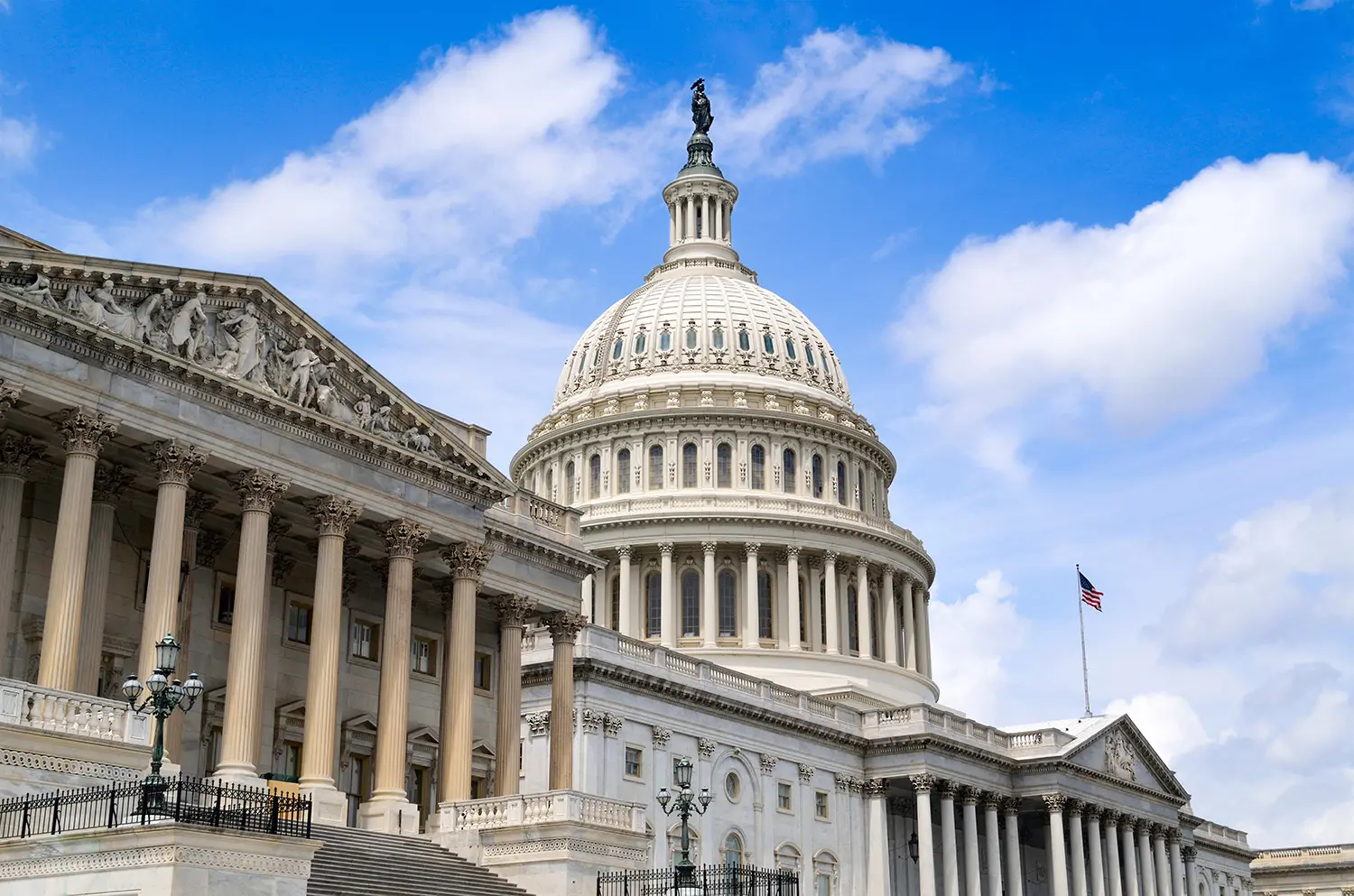What to Expect from Congress in September
09/05/2019
By Eric Gascho, Vice President, Policy and Government Affairs
The House and Senate departed for their annual month-long recess in August and will both resume session next Monday. Before their departure, a lot of highly anticipated legislation was in the making and is expected to be continued when Congress resumes. Here is a list of what we are expecting when they return:
Appropriations for fiscal year (FY) 2019, which are decisions made by Congress annually that determine how the government spends some of its money, end on September 30. FY 2020 begins on October 1. If Congress does not pass new spending legislation for fiscal year 2020 by then, government operations can shut down. There is significant Senate Appropriations Committee work scheduled for September to finish their bills. The House has already passed most of their bills, including the one that funds the Departments of Labor, Health and Human Services and Education. The House and Senate versions of the spending bills will then need to be reconciled and passed by both chambers. It is predicted that they will successfully complete work of fiscal year 2020 spending but may need to pass an extension and the work is likely to continue further into the Fall.
The initial authorization of the Patient-Centered Outcomes Research Institute (PCORI) from the Affordable Care Act (ACA) expires on September 30, 2019. Many organizations, including the National Health Council (NHC), have advocated for the reauthorization of PCORI. In June, the House Committee on Energy & Commerce and Ways & Means advanced many pieces of key legislation, including the reauthorization of PCORI for another three and seven years, respectively. The Senate has yet to introduce any legislation that would reauthorize PCORI, but they are expected to do so soon. It is anticipated that the Senate’s bipartisan legislation, which will include more policy changes than what we saw in the House, will likely be the version considered by both chambers to be sent to the President’s desk for signature. It is important to note that even though the PCOR Trust Fund expires at the end of September, they will have some funds to retain staff and continue current studies.
The Senate left for recess before their drug package was able to make it to the Senate Floor. It is expected that the “Lowering Health Care Costs Act of 2019” that passed through the Health, Education, Labor, and Pensions (HELP) Committee and the “Prescription Drug Pricing Reduction Act (PDPRA) of 2019” that passed through the Senate Finance Committee will likely be combined along with upcoming legislation expected to come from the Senate Judiciary Committee into a bigger package. The combined legislation is then expected to make it to the Senate Floor for a vote. This legislation included an Out-of-Pocket (OOP), which the NHC strongly supports because a cap would offer considerable protection for patients with high drug costs. The NHC along with other member organizations are working together to advocate for legislation that would strengthen the OOP cap, including smoothing the cap over the calendar year.
The House is expected to release their drug-pricing plan in September. According to top aides of Speaker of the House, Nancy Pelosi (D-CA), this legislation will contain measures that will allow Medicare to negotiate drug prices, which has been a top goal for Democrats.
Top White House officials have reported that the Trump administration will make an announcement in September that will disclose their health plan. They plan to release this health plan to show that they, like their democratic counterparts, have a plan in place if the courts dismantle the ACA. It has been reported that this plan may potentially include the implementation of the International Pricing Index (IPI), which will require Medicare to match their prescription drug prices to the prices that certain countries on the index pay.
